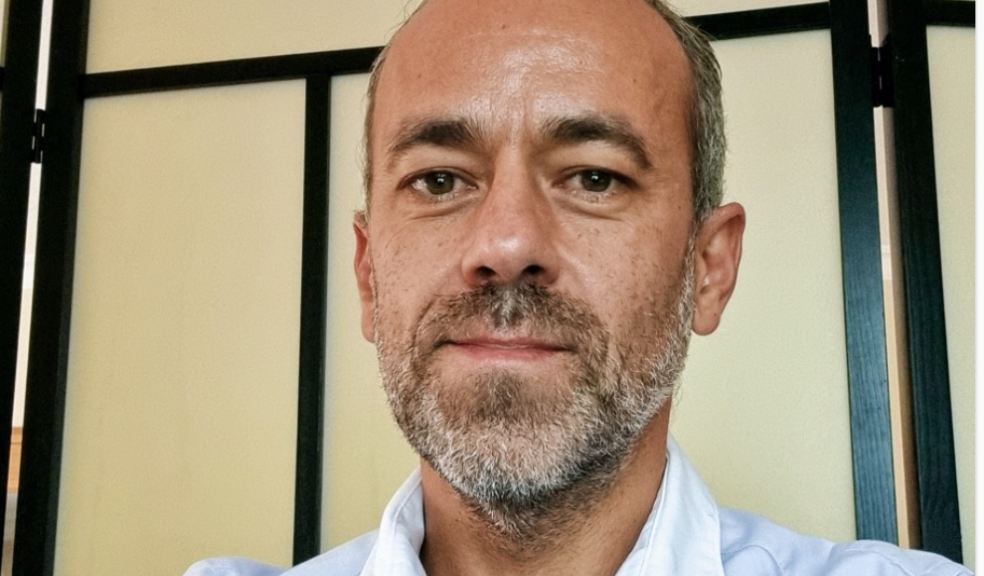
Child obesity rates in South West rise again as NHS opens twice as many clinics to tackle crisis
New figures show that the number of children in Year 6 living in the South West classified as obese have risen dramatically since the pandemic, reaching record-breaking highs of over 10,000.
The news comes as the NHS revealed its plans at the annual NHS Confed Expo Conference in Manchester last week to open up an extra 10 obesity clinics across the country- leading to a total of 30 obesity clinics (twice as many as planned) now open in order to tackle the crisis.
The Gov report, analysed by the eating disorder experts at the UK Addiction Treatment Group, shows that in the South West, 8,230 Year 6 children were classed as obese in 2019/20, before the Covid-pandemic hit.
This equated to an average 17% of children measured that year who were obese.
New figures show this count has rocketed by 31% to 10,835 Year 6 children classified as obese in 2021/22, averaging out at 20% of those measured being obese.
The majority of obese Year 6 children in the South West are boys - 4,720 in 2019/20 rising to 6,260 in 2021/22.
As it stands, 22% of Year 6 boys in the South West are obese.
The new initiative launched by the NHS is backed by £18 million over the next two years, and will double the ambitions set out in the NHS Long Term Plan to introduce 15 new obesity clinics in England.
NHS Chief Executive Amanda Pritchard announced at the Expo that “doing nothing is not an option” and that earlier intervention can prevent long term health problems such as heart attacks and strokes.
Further analysis of the Government’s report by UKAT reveals that in 2019/20, just 1,610 Year 6 children in the South West were classed as ‘severely obese’. This has risen by 45% in just two years to 2,345 Year 6 children in the region who are currently severely obese. Again, the majority of these (1,475) are boys.
The focus of the NHS obesity clinics is to allow children and young people direct access to NHS doctors, nurses, psychologists, social workers and most importantly, dieticians who will help provide tailored care and diet plans and lifestyle changes.
The clinics are also intended to identify the factors which cause obesity in the first place, something that the eating disorder experts at UKAT are keen to ensure actually comes to fruition.
Nuno Albuquerque, Head of Treatment at the UK Addiction Treatment Group comments;
“Children and young people should not be obese, as not only does it put a real strain on their physical and mental development, it also embeds really unhealthy relationships with food and body image from a very early age.
“This is why we’re very keen to ensure that the NHS’s obesity clinics are not just rolled out as mass ‘diet-plans for kids’; care and caution needs to be in place to ensure that a child does not develop an eating disorder or a body dysmorphic disorder.
“Ultimately, preventing obesity starts with education, for both the child and their parents, as it will likely be the parents who are the primary providers of what the child is eating on a daily basis. We’re hopeful that the NHS obesity clinics will place as much focus on the child with obesity as they do towards educating and encouraging the parents, because the support network is the key to success in young patients.”
24/7 confidential help and advice with eating disorders in the South West is available.













